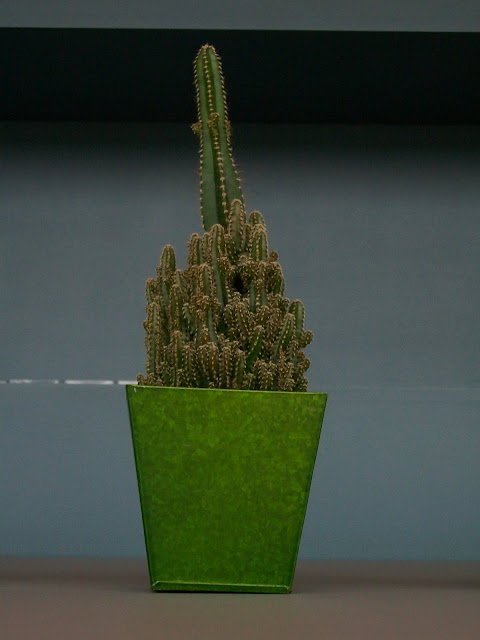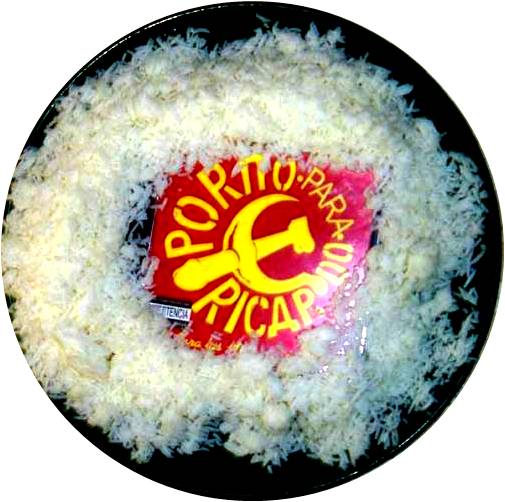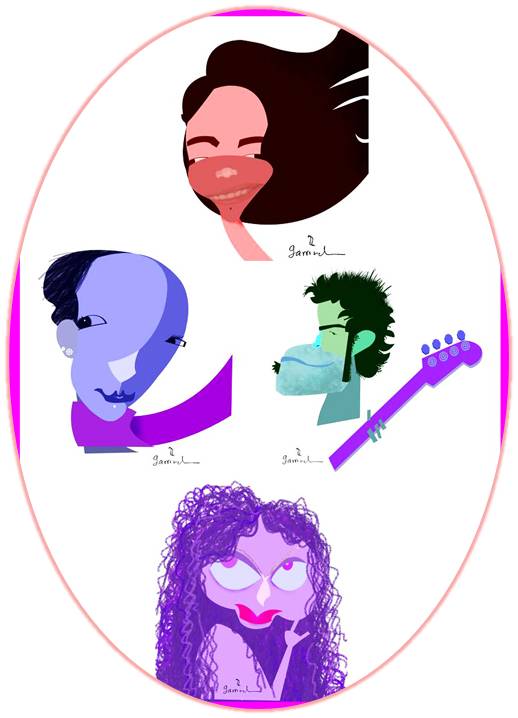Gracias a Muchacho Enfermo por hacerme llegar este interesantísimo artículo.
We are troubled to learn that your government’s practice of blocking websites — including CPJ Web pages on Tunisia — has recently intensified. Local journalists told CPJ that additional news websites, as well as numerous Facebook pages carrying critical content, blogs, and journalists’ e-mail accounts have been blocked by the state-run Tunisian Internet Agency since protests erupted on December 17. Regional and international media have reported that numerous local and international news websites covering the street protests were blocked in Tunisia. One report placed your country, along with Saudi Arabia, as the worst in the region regarding Internet censorship. A 2009 CPJ study found Tunisia to be one of the 10 worst countries worldwide to be a blogger, in part for the same reasons.
Make Facebook logins default to HTTPS, if only in Tunisia, where accounts are especially vulnerable at this time. Google and Yahoo logins already default to HTTPS.
Consider allowing pseudonymous accounts for users in authoritarian regimes, where political speech under your real name is dangerous and potentially deadly. Many Tunisian activists are unable to reinstate Facebook accounts that have been erased by the Tunisian government because they were not using their real names.
Four or five police plainclothes officers arrested the blogger and activist Hamadi Kaloutcha at his home at around 6 am, seizing a computer and a central processing unit. They told his wife they were taking him to the nearest police station and “just have a few questions for him,” and “that will only take a few hours.” There has been no news of him since.
“We did initially take an interest in Tunisia because of WikiLeaks, but as more Tunisians have joined they care more about the general internet censorship there, so that’s what it has become,” another Anon said.
It is hard to generalize the Anons’ diverse range of motivations and ever-changing targets, but most appear to share an outrage over the Tunisian government’s censorship and phishing activities, and a sense of solidarity with Tunisian web users.
Attacking government-linked websites is much more dangerous for those living within Tunisia, they noted, who risk arrest if they are identified by the authorities.
“Although many Tunisians understandably do not feel comfortable participating in this operation out of precaution, I estimate there [were] about 50 Tunisians participating, to whom we provide the means and knowledge to properly secure their online behavior from exposure to their government,” one Anon activist wrote via email.
El-Materi’s house is spacious, and directly above and along the Hammamet public beach. The compound is large and well guarded by government security. It is close to the center of Hammamet, with a view of the fort and the southern part of the town. The house was recently renovated and includes an infinity pool and a terrace of perhaps 50 meters. While the house is done in a modern style (and largely white), there are ancient artifacts everywhere: Roman columns, frescoes and even a lion’s head from which water pours into the pool. El Materi insisted the pieces are real. He hopes to move into his new (and palatial) house in Sidi Bou Said in eight to ten months.
The dinner included perhaps a dozen dishes, including fish, steak, turkey, octopus, fish couscous and much more. The quantity was sufficient for a very large number of guests. Before dinner a wide array of small dishes were served, along with three different juices (including Kiwi juice, not normally available here). After dinner, he served ice cream and frozen yoghurt he brought in by plane from Saint Tropez, along with blueberries and raspberries and fresh fruit and chocolate cake…
El Materi has a large tiger (“Pasha”) on his compound, living in a cage. He acquired it when it was a few weeks old. The tiger consumes four chickens a day. (Comment: The situation reminded the Ambassador of Uday Hussein’s lion cage in Baghdad.) El Materi had staff everywhere. There were at least a dozen people, including a butler from Bangladesh and a nanny from South Africa. (NB This is extraordinarily rare in Tunisia, and very expensive.)…
The family’s favorite vacation destination spot is the Maldives Islands…
Nesrine said she loves Disney World, but had put off a trip this year because of H1N1 flu. Nesrine has, for sometime, had Tamiflu nearby (even taking it on trips). Originally it was out of fear of bird flu. She packs it for El Materi too when he travels. Nesrine said she has visited several US cities. El Materi had only been to Illinois recently in connection with the purchase of a plane…
Throughout the evening, El Materi often struck the Ambassador as demanding, vain and difficult. He is clearly aware of his wealth and power, and his actions reflected little finesse.
According to Transparency International’s annual survey and Embassy contacts’ observations, corruption in Tunisia is getting worse. Whether it’s cash, services, land, property, or yes, even your yacht, President Ben Ali’s family is rumored to covet it and reportedly gets what it wants. President Ben Ali’s extended family is often cited as the nexus of Tunisian corruption. Often referred to as a quasi-mafia, an oblique mention of “the Family” is enough to
indicate which family you mean. Seemingly half of the Tunisian business community can claim a Ben Ali connection through marriage, and many of these relations are reported to have made the most of their lineage.
























































































.jpg)






